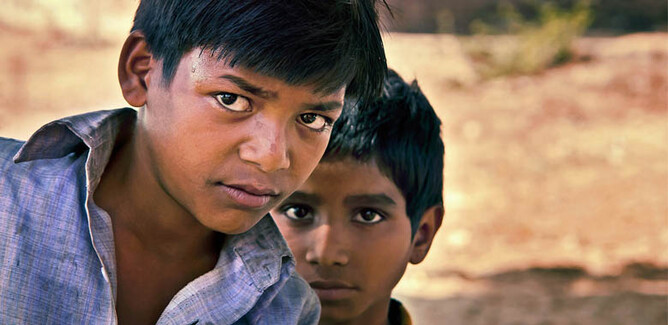PART 2: Reaching the Unreached People Groups
The Disciples and the early Church took the Gospel mandate seriously. The rate at which the gospel spread in the midst of so much persecution was unprecedented. In spite of their best efforts these believers did not reach the “uttermost parts of the earth”. There were anthropological, sociological, social-political, economical, and geographical reasons. The task is not yet finished.
Below are a few suggestions that could be applied as you seek to reach these groups:
Identify the unreached people group in your area and learn as much as possible about their culture, life-style, etc.
Once you have identified the group, research and discover all you can about their culture and language and what gives them a sense of identity, solidarity and unity as a group. For example, discover how they think and how they live? What gives them dignity and identity? Find out about how they communicate and their natural social networks as these would greatly assist in spreading the gospel.
Determine and define the approach.
One of the most useful approaches is to meet their felt needs. In our quest to share the good news of Christ we should discover their needs by trying to know them as they are known by God. We must attempt to meet their needs as they see them rather than as we perceive them. We should communicate the Gospel in their language and the terms of their cultural understanding and in the context where they are.
Study the means, method, and message to be employed.
You must be prepared to design unique methods geared to different cultures to reach different kinds of people groups. It is presumptuous to go to a people group with a solution and start looking for a problem to which to apply it. To take this approach is to make the assumption that there is one evangelistic method and message that is appropriate for all cultures and classes.
Get involved at a personal level.
It is not only the responsibility of church leaders, or para-church organisations as though it were “their” task. It is “our” task. Consequently, every Christ-follower is a world-reacher. The individual Christian has the greatest potential for cross-cultural witness to unreached people who are near neighbors. A Christ follower in his or her personal life and occupation encounters people of all races, classes, religions, and educational levels.
Disciple and Train the New Believers among the People Group to reach their own people.
Converted people groups are best placed to reach their own people because they can identify with the specific people group. They are knowledgeable enough in their context to intelligently and freely exchange cultural knowledge across their other ethnic factors so that the gospel could spread from one group to the other. As they share the gospel in their own tribal language – that deep, mother-tongue level where personal identity is developed and life decisions are made – the message and context will resonate with the hearers.
Felix Muchimba
Felix Muchimba, Ph.D., has been involved in Theological Training in Africa for over thirty years. He served with Gospel Literature Outreach (GLO) Zambia for many years as Principal. He is an author and international speaker. He serves on the African Church Based (ACBT) Program Board and is a volunteer Associate Leader for Operation Mobilization (OM) Africa Area. He is married to Eve and has three adult children and one grandson.

